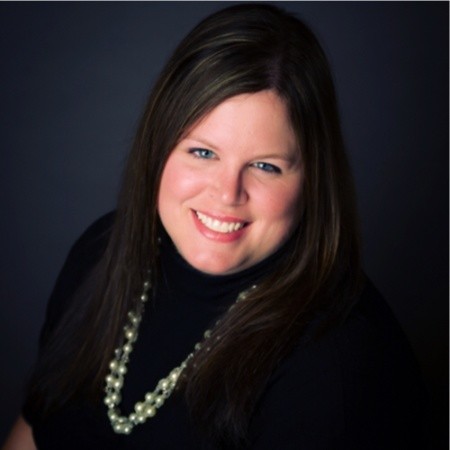Dr. Erin Fletcher describes what exactly happens at Wounded Warrior Project (WWP)'s Warrior Care Network, what types of treatments and other services are provided, and what the veteran and their family will experience.
Veterans taking part in Warrior Care Network receive a year’s worth of mental health care during a 2-3 week intensive outpatient program, using evidenced-based treatments with alternative therapies. Erin Fletcher, Psy.D. is the director of Wounded Warrior Project's Warrior Care Network.
So, Warrior Care Network is a partnership that Wounded Warrior Project built with four academic medical centers across the country with the goal of delivering high-quality mental and brain health care to veterans, active duty service members, and their family. And this care is delivered over two to three weeks. It's delivered using a cohort model, which we know is really one of the curative factors in treatment is to be surrounded by people that really understand what you're going through. That understand, particularly in the military there's the lingo and the acronyms and you know there's short-hand that everybody just already knows and picks up on. The clinicians are all trained in competent military cultural, you know, values and competence themselves. And so they're delivered this care over the course of two to three weeks in a group of people that understand what they're going through. And this isn't just any type of treatment this is tailor-made, individualized, and comprehensive care. It's certainly addressing symptoms and challenges related to post-traumatic stress disorder, depression, anxiety, traumatic brain injury, military sexual trauma. And so we're, you know, of course, that's going to be addressed. And then they're also addressing the whole person, and that's the comprehensive piece of the care. They're addressing their mental and their mental health and well-being, they're getting treatment related to their physical health and well-being. We know there's a big, you know, connection between physical health and mental health, and so we don't want to leave that gap. So they're engaging in fitness activities, nutrition courses, cooking classes, you know, things to really shore up their physical health. They're also engaging in mindfulness and meditation skills. They're working on relationship skills. We involve the family members, you know. We don't want veterans to go through this program in a vacuum. We don't want them to do this by themselves. So they've got the cohort and then they've got their family. And the veteran or service member chooses what that means, what family means to them. It doesn't have to be your spouse. It could be a parent, a friend, a support person. You just want to make sure that they have somebody that when they successfully complete the program is familiar with what that individual worked on
and can really help support the gains that they made in treatment.
BrainLine is powered in part by Wounded Warrior Project to honor and empower Post-911 injured service members, veterans, and their families.
About the author: Erin Fletcher, PsyD
Erin Fletcher, Psy.D. serves as the Warrior Care Network Director for Wounded Warrior Project (WWP). In this role, Erin ensures synergy across all WWP mental health programs. Erin collaborates with the four Academic Medical Centers that compromise WWP’s Warrior Care Network to foster Network alignment regarding program implementation and delivery.

